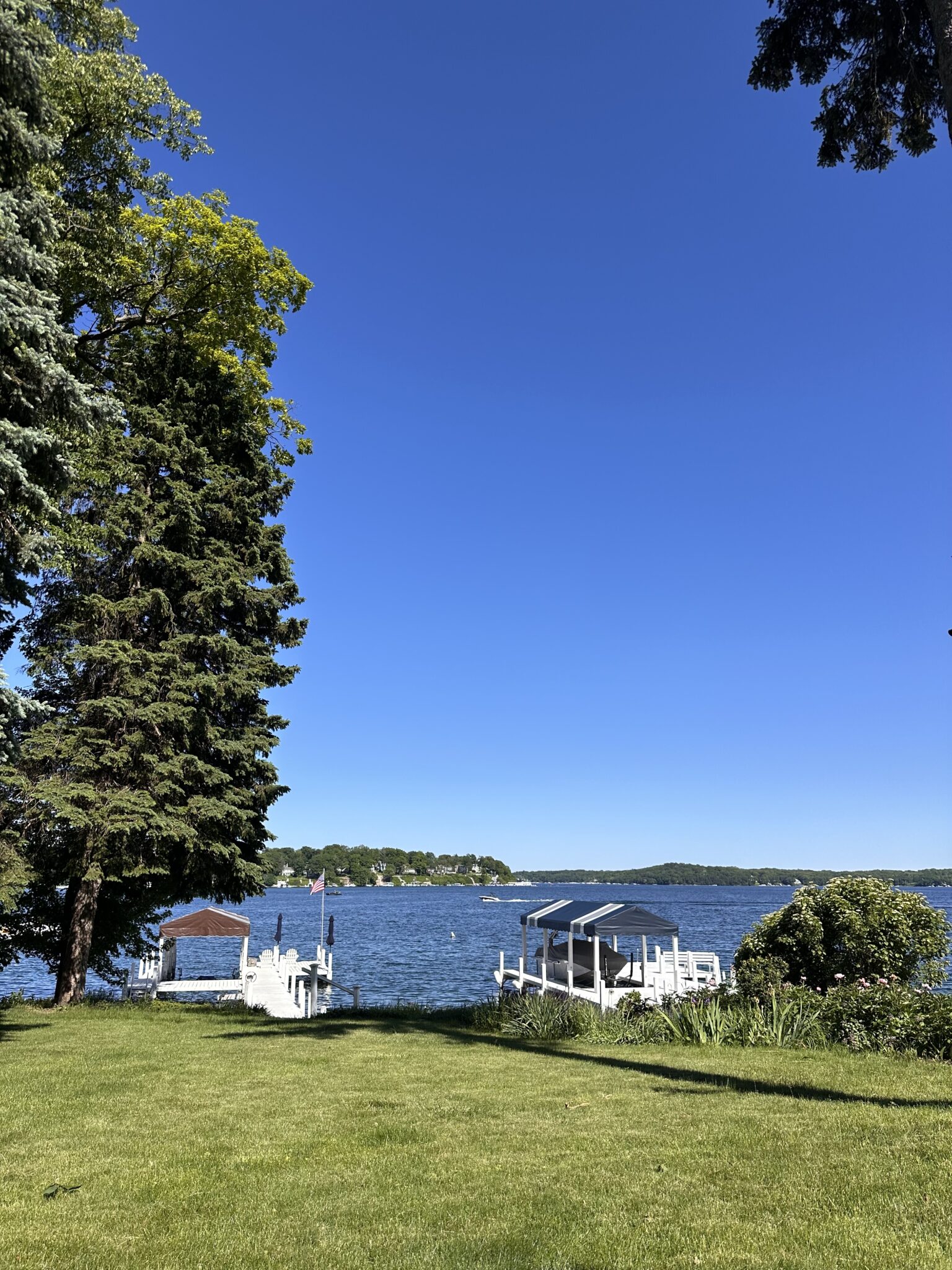The Lake Geneva market has hit its summer stride. A few sales, a few bits of inventory, a few new contracts, and a massive outpouring of constant and considerable price reductions. That’s what the new market looks like, and anyone who pays attention to these things has certainly noticed. There was a time when price reductions were only considered after lengthy market exposure, and even then only considered with some malice toward the agent suggesting them. One time I had a seller whose property had languished on the market for a year or so. I asked about a price reduction, and was told, in no uncertain words, “If you ask me about a price reduction again, I’m firing you”. Another time, a seller who pretended to know more than me told me that my problem was that I sold “on price”, and that any good product has nothing to do with price. I asked him to buy my 3 year old iPhone for $7800, and he didn’t think it was a clever comparison. I thought it was, and I still do. But alas, it’s price reduction season at the lake, and I think there are a few reasons why.
Price reductions today do not necessarily have to do with any variety of softening or declining market. They generally have to do with aspirational pricing that was overshot becuase the lack of inventory and desperation of listing agents has forced asking prices to remain high even though the hysterics of 2021 and 2022 are in our rear view. We talked about this before when considering the lakefront sales that have closed in recent months. Have prices dropped from when those lakefronts were listed in 2023? Not exactly. But has insane pricing been met with buyer ambivalence? Yes. That’s one reason the price reductions are occuring, and it has more to do with improper pricing, perhaps in order to secure a listing, than it does the market temperature itself.
The market value itself is another reason the market has become quick to reduce pricing. If you own a lakefront worth $5M, and you originally listed it for $6M because your newly minted lakefront expert told you to, it’s important for you to remember that your $5M lakefront home for which you’re asking $6M was worth $3M four years ago. The doubling of your money, in theory, was nice, but was it necessary for you to be a seller? Not really. And so you list high and wait, and then quickly reduce when no suckers, I mean buyers, show up at your open house. You’re still getting a lot more that you once expected to get, so it’s a win for you no matter the final tally.
While these two reasons are obvious, I don’t actually think they’re the primary driver for the swift pricing reductions we’re seeing throughout the maket. The real reason is a left over expectation from the covid-mania-market, and it’s just about psychology. If you listed your lake house in April of 2022, you would generally expect to see the property sold within a couple of weeks. For every listing we had a couple of buyers, and so contracts were presented quickly and pricing, no matter how seemingly aspirational, was often met. That was commonplace in the market for nearly three years, and now that we’ve found ourselves a more normalized market the participants are having a hard time modifying their expectations for the current market. In other words, it’s habitual impatience that’s pushing these reductions through. Agents no longer expect to have success later in a listing contract, so they know a price reduction early is their best bet. Because the seller is also programmed to expect immediate gratification, the sellers no longer threaten listing agents who suggest reductions, they embrace them.
And so it goes, a new market and a new pattern. List high and sell? Sure. List high and don’t sell within three weeks? It’s price reduction time. The issue here is that this messaging is visible to buyers and so the buyers now get to decide which price reduction is enough to trigger their action. If buyers would be more patient I believe overall they’d be finding better value, but as is the case in any market, the buyers are not uniformly motivated. If we had 100 lakefront buyers in 2022, 90 of them were uniquely motivated to accomplish a purchase, and soon. Today we still have 100 lakefront buyers, but I would suggest only 30 of them are uniquely motivated. That means the majority of the market is content to watch the sparse invenrory and act when they see something they love, but that active minority is still out there, watching each reduction, itching to act. I’m here to help sellers and buyers understand this phenomenon and to remind buyers especially that just because someone else bought a property that doesn’t make that property worth buying.

